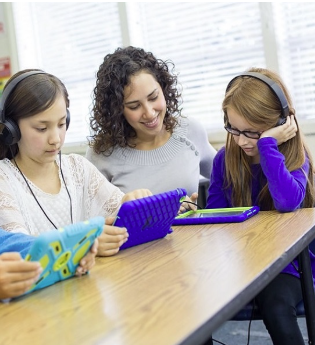In today’s rapidly changing world, the ability to continuously learn and adapt is more important than ever. Lifelong learning—the ongoing pursuit of knowledge throughout one’s life—has become essential not only for career advancement but also for personal growth and resilience. At the heart of this shift is innovation. New technologies, platforms, and methods are transforming how, when, and what we learn. This article explores why innovation is a cornerstone of lifelong learning and how it empowers individuals to thrive in a dynamic global environment.
Adapting to a Changing World
Technological progress, global challenges, and shifting job markets mean that skills can quickly become outdated. Innovation enables the development of new learning formats—such as online courses, mobile apps, and virtual classrooms—that allow people to reskill and upskill on demand. Without innovative approaches, lifelong learning would be limited by outdated systems and rigid structures.
Flexible Access to Education
Innovation has removed many traditional barriers to learning. Digital platforms like Coursera, edX, and Khan Academy offer courses that fit around busy schedules and diverse lifestyles. Whether it’s microlearning during a commute or pursuing a certificate in the evenings, these flexible formats help more people engage in lifelong learning regardless of age, location, or background.
Personalized Learning Pathways
Adaptive learning technologies use data to tailor content to individual needs, making learning more effective and efficient. Innovations in artificial intelligence and machine learning help create study plans that adjust in real time based on a learner’s performance. This personalized experience keeps learners motivated and better prepared to meet their goals.
Collaborative and Social Learning
Innovative platforms also support collaboration across borders. Online forums, peer feedback, and group projects foster social interaction and shared knowledge. This helps build global communities of learners who exchange ideas, challenge perspectives, and encourage each other.
Learning by Doing
Project-based learning, simulations, and interactive platforms have brought hands-on experiences to digital education. Innovations such as virtual labs, coding environments, and creative design tools allow learners to apply knowledge in real-world contexts, reinforcing understanding and skill development.
Encouraging a Growth Mindset
Innovation supports a culture of curiosity and experimentation. Through access to diverse content and creative learning methods, individuals are encouraged to explore new interests, face challenges, and persist in the face of setbacks. This fosters a growth mindset—an essential trait for lifelong learning.
Bridging Education and Employment
Many innovative learning platforms now collaborate with employers to offer courses aligned with workforce needs. From coding bootcamps to data science certificates, these programs close the skills gap and help learners transition smoothly into new careers or industries.
Conclusion
Innovation is not just a tool—it’s a driving force behind lifelong learning. By making education more accessible, personalized, and relevant, innovation empowers individuals to take charge of their learning journeys. As society continues to evolve, embracing innovation in education will be key to preparing people for the opportunities and challenges of the future.














